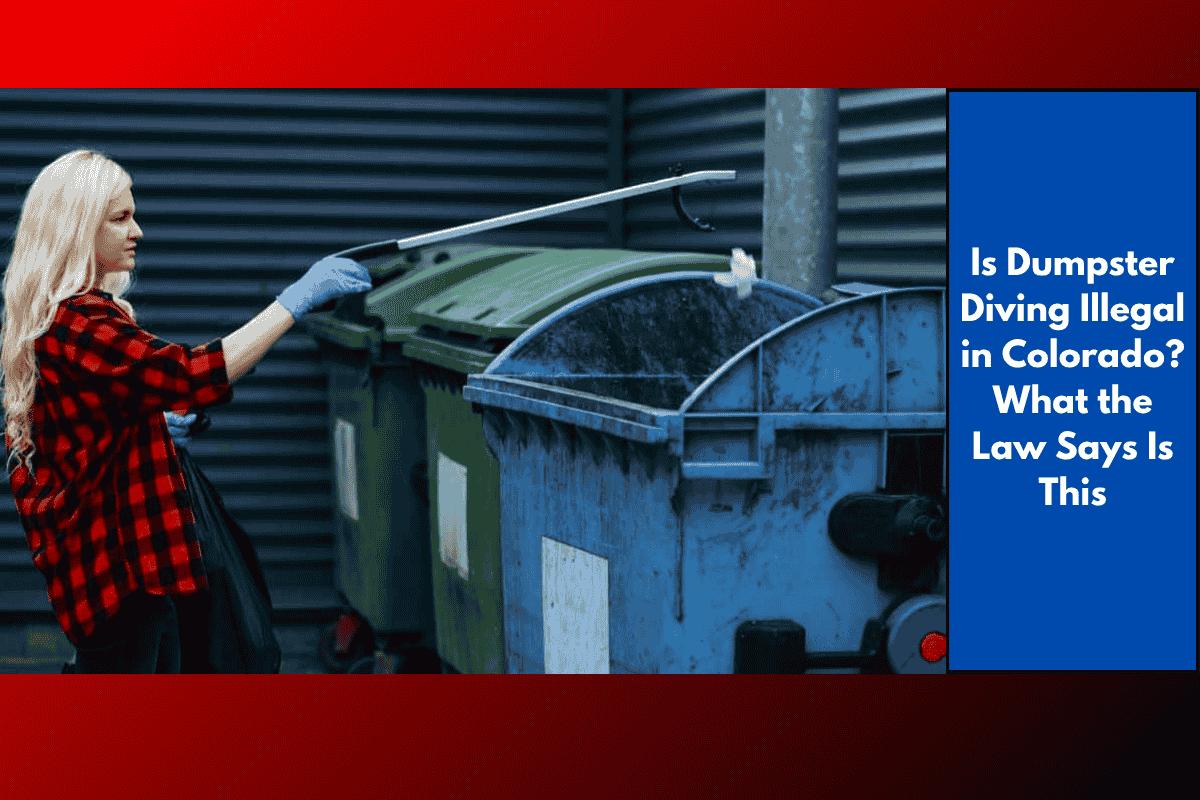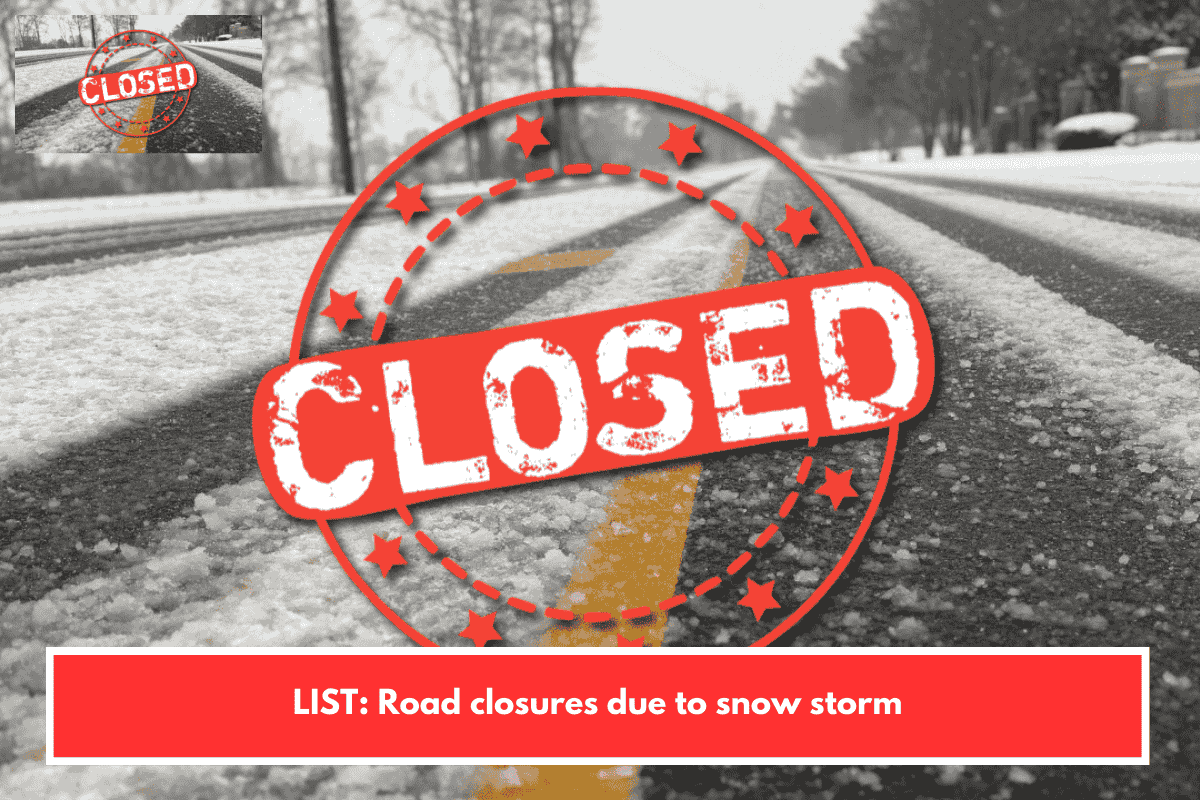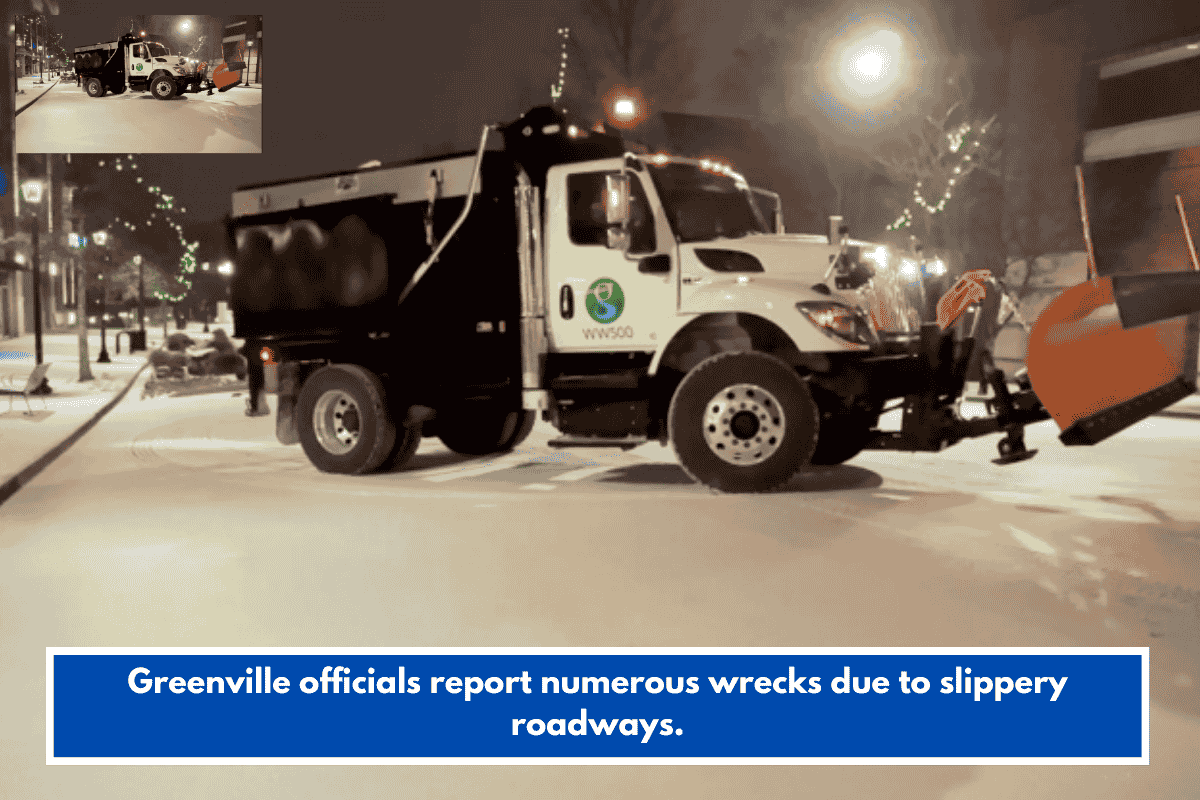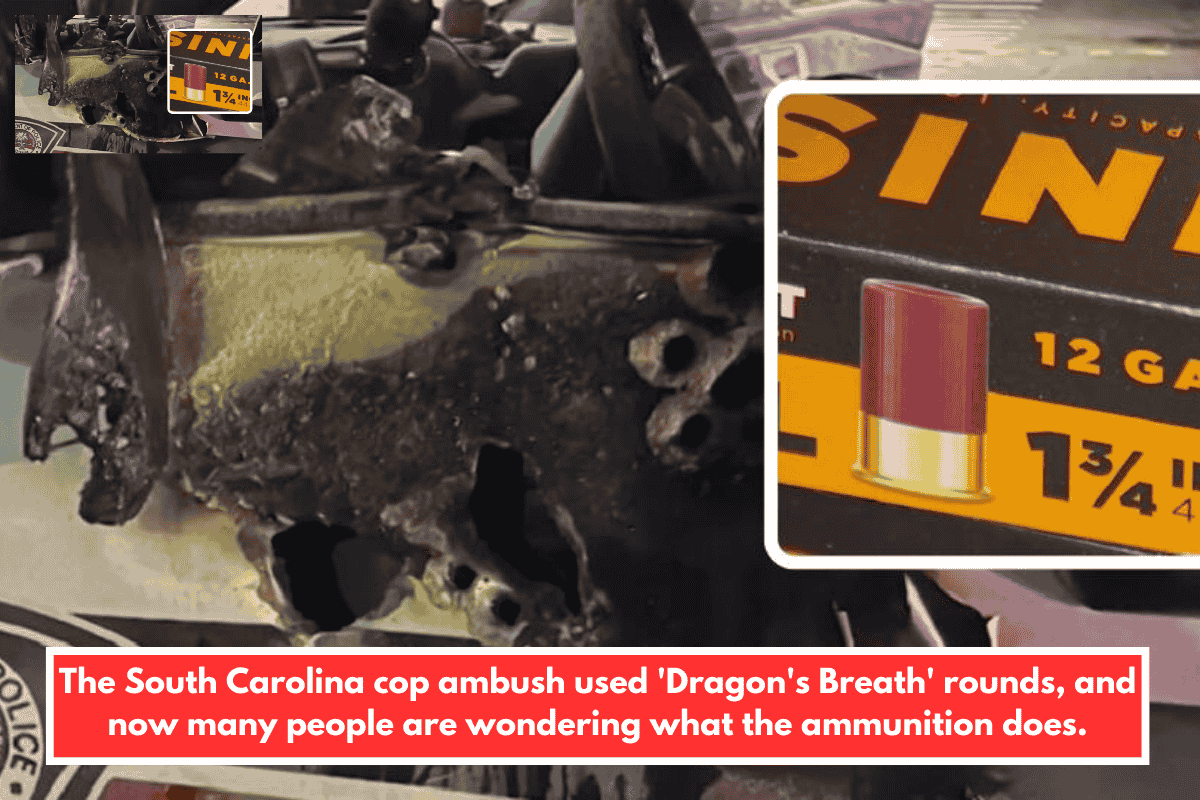Dumpster diving — the practice of searching through trash or discarded materials for items that can still be used — might seem like an innocent and even resourceful activity. However, it comes with legal risks, especially when done on private property. In Colorado, the laws surrounding dumpster diving are not always clear-cut. Whether or not dumpster diving is illegal depends on various factors, including where it’s done, how it’s done, and whether permission has been given. This article explores the legal aspects of dumpster diving in Colorado, including what residents should know to avoid any legal trouble.
Is Dumpster Diving Illegal in Colorado?
There is no specific law in Colorado that outright bans dumpster diving, but that doesn’t mean it’s always legal. There are a few important factors that determine whether dumpster diving is allowed, such as trespassing, theft, and local ordinances. In general, dumpster diving is illegal if you’re on private property without permission or if you’re violating local laws regarding waste disposal or littering.
Key Legal Issues That Make Dumpster Diving Illegal in Colorado
Trespassing:
The most significant legal concern when dumpster diving is trespassing. In Colorado, as in many other states, you can be charged with trespassing if you enter private property without permission. If the dumpster you’re diving into is located on private property (such as behind a store or apartment building), and you don’t have the property owner’s consent, you could be violating trespassing laws. Even if the dumpster is accessible from a public space, if the property is considered private, you are still subject to trespassing charges.
Public vs. Private Property: If you’re dumpster diving in a public place, such as a public park or a public trash container, it’s less likely to be considered trespassing. However, private property dumpsters require the permission of the owner to dive in them without facing legal consequences.
Theft:
Dumpster diving could also lead to theft charges in certain situations. While dumpsters often contain discarded items, they legally still belong to the business or individual who owns the property. Until those items are officially discarded and placed for trash collection, they are technically not abandoned. Taking something from a dumpster could be considered theft if the item still belongs to the property owner.
Example: If you dive into a dumpster and take something that is still within the property’s boundaries, the business owner might argue that the items were not yet discarded and still belong to them. If the police are called, you could be charged with theft.
Local Ordinances:
Some cities and counties in Colorado have local ordinances that regulate dumpster diving, particularly in relation to waste management and sanitation. These ordinances can restrict where and when you can search through trash, as well as require that waste containers remain closed or secured. For example, some municipalities may fine individuals for accessing dumpsters in certain areas or for leaving a mess after diving. It’s essential to be aware of local laws, as they can vary significantly from one area to another.
Littering:
Dumpster divers who leave waste or trash outside of the dumpster may face charges for littering. In Colorado, cities often have ordinances to keep public spaces clean, and leaving debris outside of the dumpster could lead to a fine or other penalties. Always make sure to clean up after yourself to avoid running afoul of local laws.
Health and Safety Codes:
Health and safety codes are another consideration for dumpster diving. Some localities may have rules that prohibit accessing dumpsters due to health and safety concerns, especially if the waste materials are potentially hazardous. Searching through trash can expose individuals to risks like bacteria, sharp objects, or dangerous chemicals, which is why some municipalities may regulate or restrict the practice.
When Is Dumpster Diving Likely to Be Legal in Colorado?
Dumpster diving is more likely to be legal under certain conditions:
Public Property:
Diving into dumpsters located in public areas or on public property is usually legal, as long as it doesn’t violate local ordinances. Public waste containers may be accessible to the general public, so checking for any posted regulations or restrictions is crucial.
With Permission:
If you receive explicit permission from the property owner or business manager, you can legally dive into a private dumpster. Always ask for permission in writing if possible to avoid any misunderstandings or disputes.
Abandoned Property:
In cases where property has been clearly abandoned or discarded (for example, when it is placed in a public waste area for collection), dumpster diving may be legal. However, determining when something is officially abandoned can be tricky, and it’s usually safest to avoid taking anything unless you’re certain it is legally abandoned.
Cleanup and Responsibility:
As long as you clean up after yourself and follow any posted rules or regulations, dumpster diving may be acceptable, especially in designated areas. Ensuring that you don’t leave any mess behind will help avoid fines for littering or creating a nuisance.
Penalties for Illegal Dumpster Diving in Colorado
If you are caught dumpster diving illegally in Colorado, you could face several potential penalties, including:
Fines: Local municipalities often impose fines for trespassing, littering, or violating waste disposal regulations. Fines can vary depending on the specific violation but can range from $25 to several hundred dollars.
Criminal Charges: In more serious cases, you could be charged with trespassing or theft, particularly if you take items that still belong to the property owner. This could result in criminal charges, which could lead to a criminal record, court fees, and possible jail time for repeat offenses.
Towing or Removal: If you’re caught dumpster diving in a location where parking is not allowed, such as on private property, your vehicle may be towed.
How to Protect Yourself When Dumpster Diving in Colorado
Always Seek Permission: If you plan to dive into a private dumpster, it’s a good idea to ask the property owner or business manager for permission. This can help you avoid trespassing charges and ensure you are within your rights.
Check Local Regulations: Before dumpster diving in any area, check with local authorities or review municipal ordinances to ensure you are complying with the law.
Leave No Trace: Be respectful of the space and clean up after yourself. Avoid creating a mess, as leaving trash outside of the dumpster could result in fines for littering.
Avoid High-Risk Areas: Avoid dumpster diving in areas that are known to be hazardous or have strict regulations, such as near construction sites or places with high-security measures.
Dumpster diving in Colorado is not automatically illegal, but it comes with significant risks. Trespassing, theft, littering, and violating local ordinances are the primary legal concerns. To protect yourself legally, it’s essential to obtain permission from property owners, be mindful of local laws, and always clean up after yourself. By understanding the regulations and acting responsibly, you can reduce your risk of encountering legal trouble while engaging in dumpster diving.
SOURCES
[1] https://www.tomislavnews.com/dumpster-diving-laws-in-colorado/
[2] https://www.lawyer-monthly.com/2025/02/is-it-legal-to-dumpster-dive-a-comprehensive-guide/
[3] https://www.findlaw.com/injury/torts-and-personal-injuries/dumpster-diving.html
[4] https://www.legalmatch.com/law-library/article/is-dumpster-diving-illegal.html
[5] https://kekbfm.com/colorado-dumpster-diving-law/














